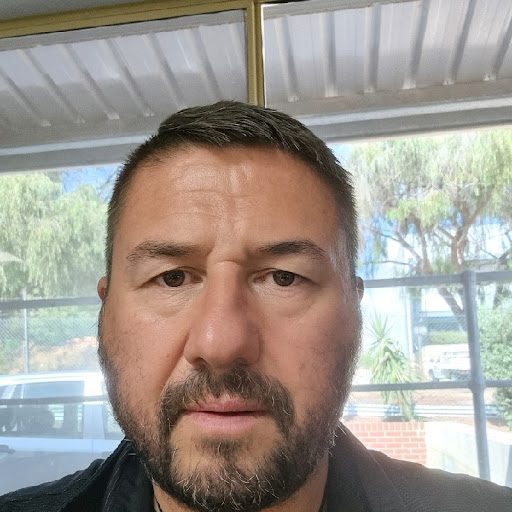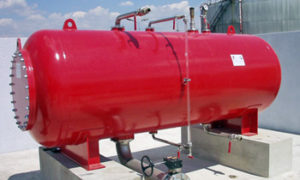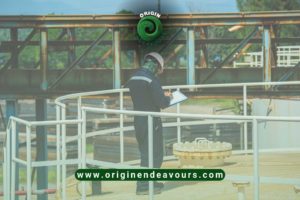Table of Contents

Heat exchangers are critical assets in any industrial facility. Whether they’re transferring heat from one medium to another or condensing steam, heat exchangers perform a variety of functions at most manufacturing plants. Since these devices play such an important role, it’s imperative that you take steps to ensure the safety of your heat exchanger. To keep your pressure vessel safe and secure, it’s best to schedule regular pressure vessel inspections from an independent third party inspection company. How can you tell if your pressure vessel requires inspection? Let’s take a closer look at the importance of pressure vessel inspections, what you should know about them and how often they should be scheduled.
What is Pressure Vessel Inspection?
An inspection is a procedure that’s used to determine the condition of the asset being inspected. A pressure vessel inspection is a process that’s used to examine the condition of the pressure vessel, testing for wear and tear, corrosion and other defects.
The inspection is conducted by a third-party company that specializes in pressure vessel inspections. For a pressure vessel inspection, the inspector will examine the internal and external structure of the pressure vessel. They’ll also test for corrosion, pitting and other defects in the vessel. The inspector will also check to make sure that the vessel was constructed properly.
Why is it Important to Have Your Heat Exchanger Inspected?
A pressure vessel inspection ensures that your pressure vessel is safe and secure. A pressure vessel that isn’t in proper working order is a serious hazard to your employees and your facility as a whole.
The inspector will examine the vessel carefully and notify you of any potential issues or defects that may arise. A pressure vessel that isn’t in proper working order or isn’t built to code could cause serious injury or death. If the vessel is found to be faulty, the inspector will let you know. This way, you have time to find a new vessel and have the old one removed and replaced.
3 Things to Know About Pressure Vessel Inspections
- The inspector will use a variety of tools to inspect the vessel, including handheld and computerized instruments.
- The inspector will visually inspect the vessel and surrounding areas, looking for defects, corrosion and pitting.
- The inspector will use pressure vessel inspection equipment to perform the pressure inspections.
How Often Should You Have the Safety of Your Heat Exchanger Ensured?
The frequency of inspection for your heat exchanger will depend on the type of exchanger and the operating conditions. However, the recommended frequency is once every two years. If you own a metalworking shop, you’re probably using a heat exchanger to cool water used in metal machining operations.
Heat exchangers are important assets in industrial settings. They can transfer heat from one medium to another. They can also be used to condense the steam. If you own a chemical processing facility, you may be using a heat exchanger to transfer heat between two different fluids. These heat exchangers can be made out of metal or plastic. They’re often used to transfer heat between water and a hydrocarbon, like natural gas. The first step to ensuring the safety of your heat exchanger is to schedule a pressure vessel inspection from a third-party inspection company. During this inspection, a professional will examine the vessel to check for defects and give you a full report.
3 Tips to Ensure the Safety of Your Heat Exchanger After the Inspection
- Conduct a Preventive Maintenance Program: A PMP can help you catch problems with your equipment before they arise. This will allow you to take care of issues before they become more complicated and costly.
- Maintain Strict Safety Procedures: Ensure that everyone working in your facility is aware of proper safety procedures and protocol. Having your employees follow safety protocol will help to avoid accidents and injuries.
- Ensure that Your Equipment is Sufficiently Rated: Industrial equipment, including your heat exchanger, must be rated to meet the requirements of the process, the pressure inside the equipment and the materials that make up the device.
It Is Important To Hire A Qualified Pressure Vessel Inspector
Origin Endeavours offer pressure vessel inspection & equipment strategies that provide consistency and important data to help the vessel and plant function. Our company has provided quality pressure vessel inspection services for generations. Our specialists are thoroughly educated and certified.





